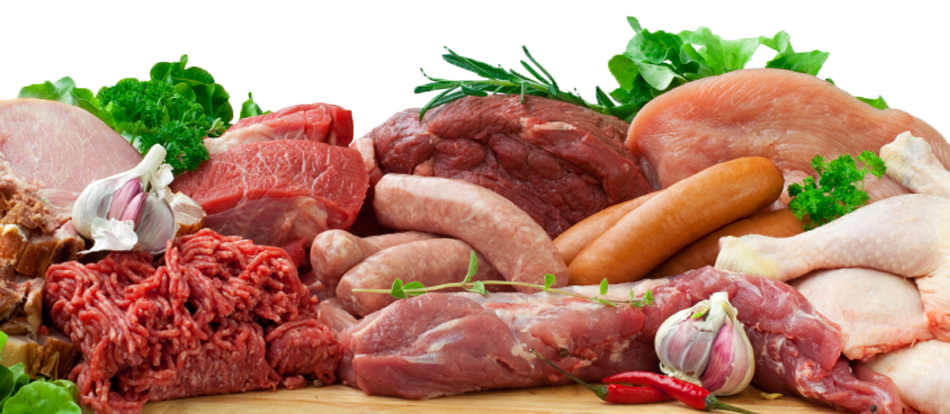Animal rights activist group’s ideas are nuts and ignore the heroism of meat industry workers

An anti-meat, animal-rights activist group masquerading as a human health organization wants to decide how much and what type of protein you consume
Reuters
They use a black swan event — the COVID-19 pandemic — to smear blame on a U.S. meat production system that is critical to the U.S. economy and the food security of our nation.
Here’s what you should know about Neal Barnard, the Physicians Committee for Responsible Medicine and their claims in the Dec. 7 Register (“Next USDA secretary must rebuke meat industry”) against those who have worked heroically to ensure the continuity of the meat supply.
“The committee’s mission to end livestock agriculture would reduce choice and dramatically increase the cost of food for consumers”
The American Medical Association has said the group’s members are “neither responsible nor are they physicians.” The Physicians Committee for Responsible Medicine is a front for the People for the Ethical Treatment of Animals, an extremist group dedicated to ending animal agriculture. Neal Barnard, trained as a psychiatrist, is on staff with PETA and once served as president of its foundation.
Barnard claims meat is not essential. The U.S. Department of Homeland Security disagreed at the onset of the COVID crisis when it designated those responsible for raising livestock and producing meat as essential to our national security.
Barnard suggests that meat processing facilities are uniquely prone to COVID outbreaks. Not true. Rigorous biosecurity protocols at these facilities include a “pre-op” sanitation inspection conducted by the USDA’s Food Safety Inspection Service under Public Health Information System guidelines. For an individual to get infected at a meat harvest facility, COVID-19 must be brought into the facility from the community. These facilities have adopted extensive worker safety protocols to prevent this introduction, and it’s working. Pork harvest facilities, for example, are consistently operating at 95% of capacity, demonstrating the effectiveness of worker safety measures.
Barnard says American consumers get more than enough protein. I wonder if the rapidly growing number of food-insecure families in our country would agree. The meat production system in the United States is the most efficient in the world, yielding an affordable source of nutritious protein the USDA considers an essential part of a balanced diet. The committee’s mission to end livestock agriculture would reduce choice and dramatically increase the cost of food for consumers.
Barnard wants to mandate that you eat only plant-based protein. He claims that if consumers reject meat, the market will take care of the rest. It’s just not realistic and it’s clearly not what consumers are seeking. In the meantime, mandates like this are bad for the economy, consumers and the environment. Barnard thinks nuts and beans are the answer to your protein needs. Never mind your personal tastes, the essential vitamins and minerals found only in animal protein, and the impact on our natural resources (water use to produce nuts, for example, is staggering compared to water used for pork and other meat production).
The Physicians Committee for Responsible Medicine is a less-than-transparent, opportunistic front group with a vegan agenda. As president of the National Pork Producers Council, I represent the interests of more than 60,000 farmers who proudly raise hogs to supply a healthy source of protein for Americans and consumers around the world. The COVID pandemic has introduced never-before-seen challenges in our farm sector. It’s been gratifying to see the resilience and determined response of the essential workers across the pork supply chain — on our farms and in our meat processing facilities — who have remained dedicated to this critical mission.












